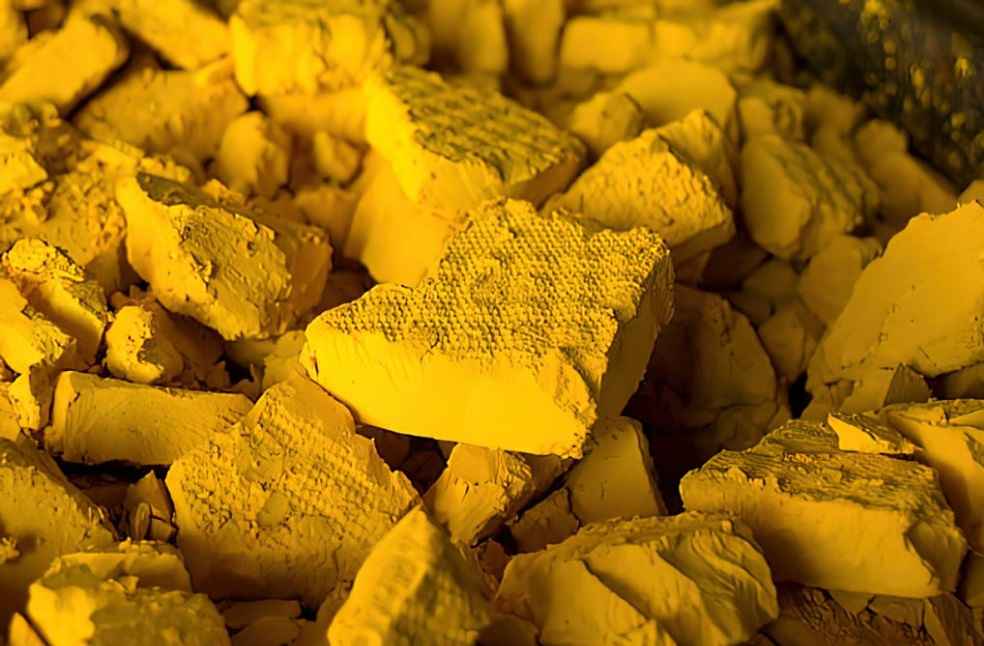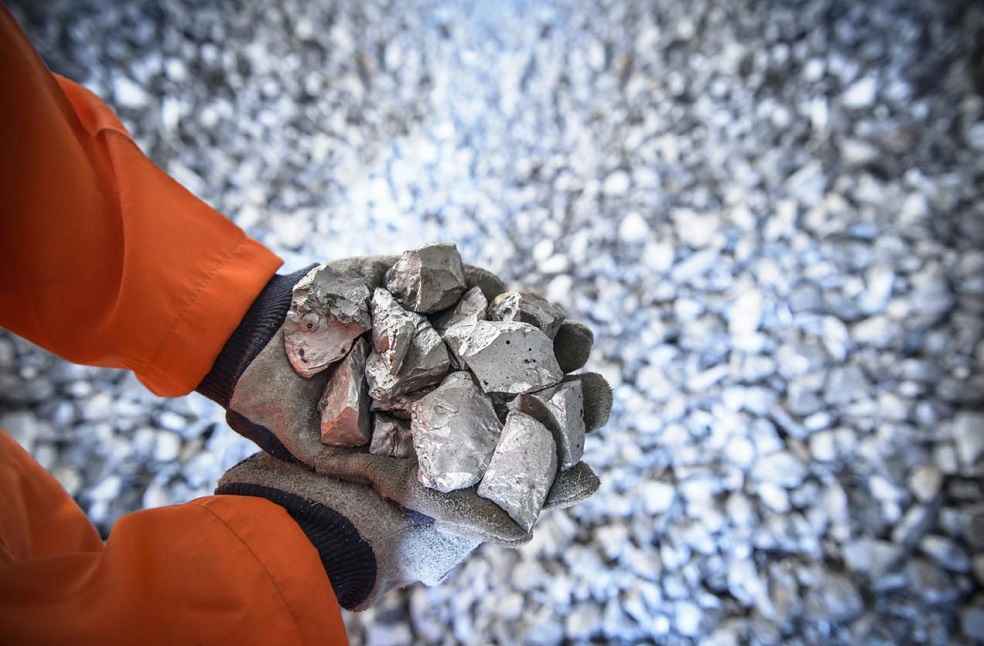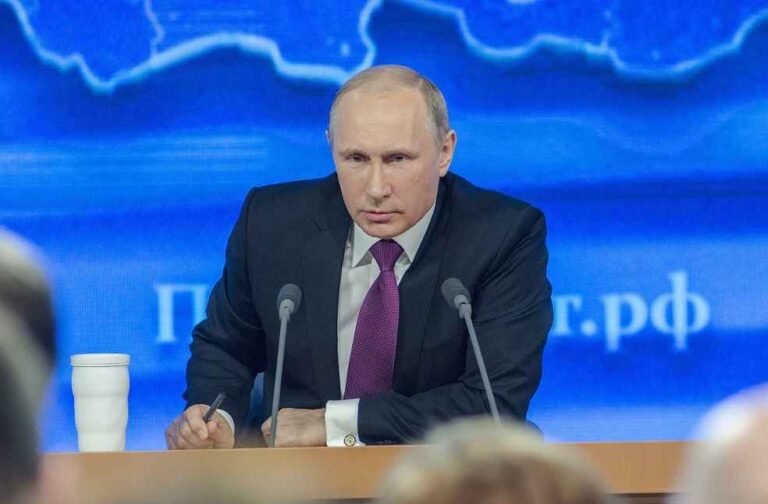Russian President Vladimir Putin revealed Moscow is contemplating restrictions on critical raw material exports—namely uranium, titanium, and nickel—responding to escalating Western sanctions. This potential move could send shockwaves through various industries, including nuclear energy, aerospace, and battery manufacturing, while offering Russia a strategic edge in geopolitical dealings.
Nickel Prices Surge on Russian Threat
The prospect of nickel export limitations has already triggered a notable reaction. The London Metal Exchange (LME) witnessed a 2.6% rise in nickel prices, pushing the metal to $16,145 per metric ton. As the world’s largest nickel refiner, primarily through Nornickel, Russia plays a pivotal role in global supply, particularly to China and Europe. More than 20% of nickel stocks in LME warehouses originate from Russia. Any curbs could exacerbate market volatility and disrupt supply lines, affecting industries heavily reliant on nickel for batteries, turbine alloys, and various industrial components.

Uranium Supply at Risk
With Russia controlling around 44% of global uranium enrichment capacity, any restrictions would pose major challenges for nuclear energy suppliers, especially in the U.S. and Europe. Despite a U.S. ban on Russian uranium imports signed by President Joe Biden, exemptions remain for cases of supply shortages until 2027. A restriction from Moscow would compel these regions to rethink their supply strategies, potentially driving up costs as they look for alternative sources.
Titanium Woes for Aerospace
Russia ranks as the third-largest producer of sponge titanium, a key material used across aerospace, marine, and automotive sectors. Boeing halted Russian titanium purchases after the Ukraine conflict erupted, though Airbus continues importing under a sanctions exemption. If Moscow tightens titanium exports, the aerospace sector could face increased strain as manufacturers scramble to secure alternative suppliers. This would require significant investments and reconfiguration of supply chains, further pushing up production costs and creating long-term uncertainty.

Industrial and Economic Impact Looms
Beyond immediate metal price increases, Russia’s potential export restrictions on nickel, uranium, and titanium could delay key industrial projects and erode competitive advantage, particularly for European and Asian manufacturers. These markets, heavily reliant on Russian metals, might have to accelerate plans for local production or diversify their supply chains—both costly and time-consuming endeavors.
Strategic Positioning for Russia
Putin emphasized that any export limitations would be carefully crafted to avoid damaging Russia’s own economy. As a key player with vast reserves of resources like natural gas, gold, and diamonds, Russia holds significant leverage over global raw materials. Restricting metals exports would serve as a powerful geopolitical tool without compromising domestic economic interests. This strategic recalibration could reshape global markets, as both governments and industries would need to develop new strategies to manage the shifting supply dynamics of essential materials.
LOGISTICS INDUSTRY | Colombia’s Coal Shift Spurs 3.3% Capesize Shipping Boom in 2024



